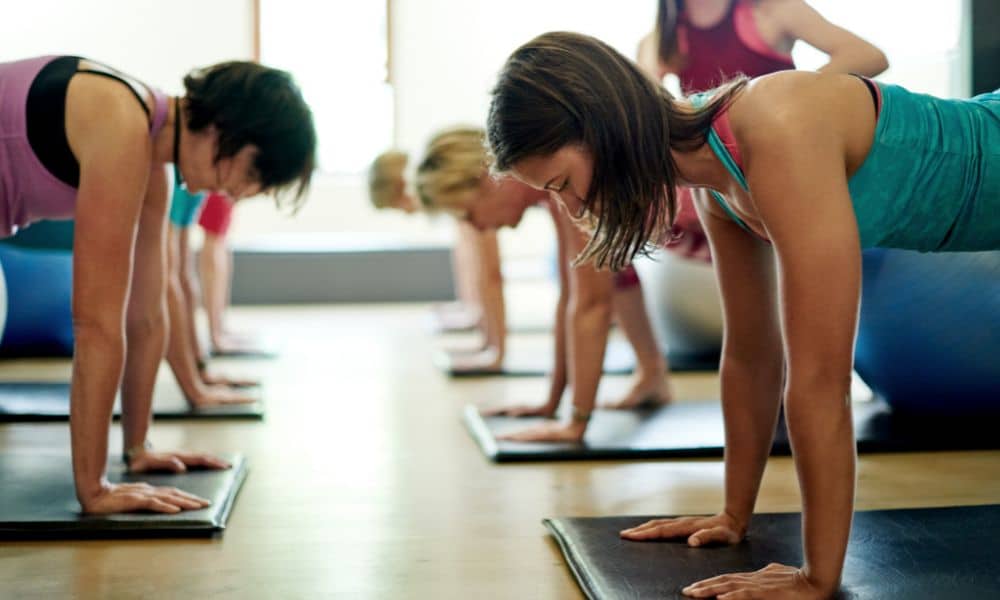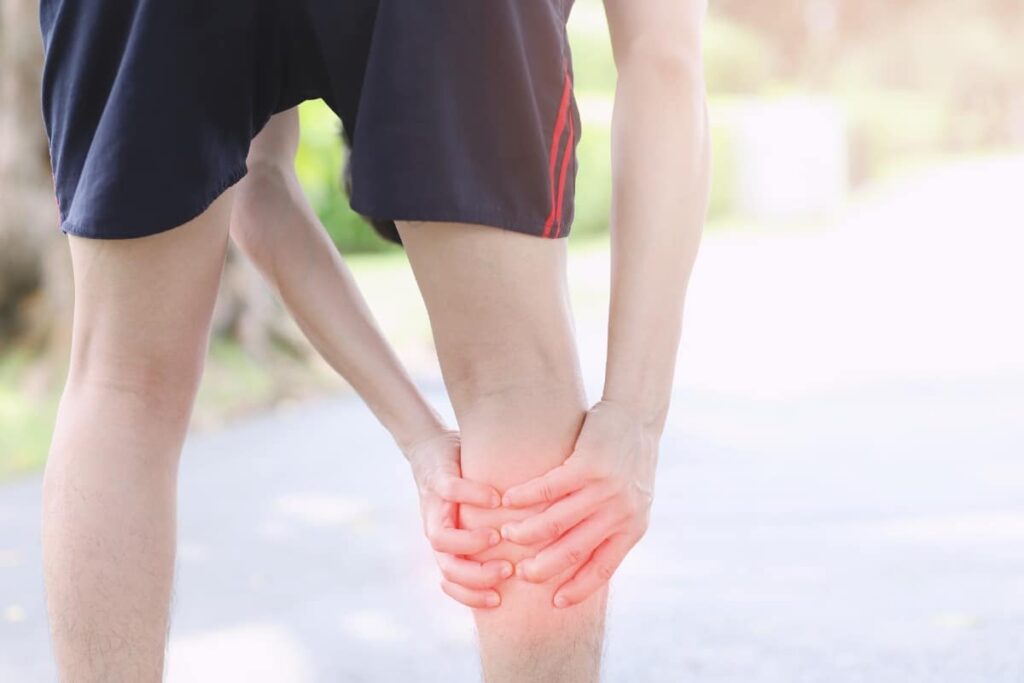How long after eating can you workout? The relationship between food and exercise is a crucial aspect of a healthy lifestyle. Many individuals wonder how long they should wait after eating before engaging in physical activity to maximize their performance and comfort. In this article, we’ll delve into the expert advice on the timing of exercise with meals and provide valuable exercise tips to help you make the most of your workouts.
The Importance of Timing
The timing of your exercise with your meals can influence your workout’s effectiveness and overall comfort. Thus, how long after eating you can workout is a question that you need to know the answer to. Here’s what experts recommend:
1. Pre-Workout Timing
- 1-2 Hours: For a larger meal, aim to wait 1-2 hours before working out. This allows your body to digest the food, providing energy without discomfort partially.
- 30 Minutes: If you have a small, easily digestible snack, like a banana or yogurt, waiting 30 minutes can be sufficient.
2. Hydration Matters
Regardless of when you plan to exercise, staying well-hydrated is essential. Drink water throughout the day, and have a glass of water 30 minutes before your workout to ensure you’re adequately hydrated.
3. Post-Workout Nutrition
After your workout, it’s essential to refuel with a balanced meal or snack. Protein and carbohydrates are crucial for muscle recovery and energy replenishment.
Expert Exercise Tips
- Listen to Your Body: How your body responds to exercise after eating. Adjust your pre-workout meal timing or choices if you feel discomfort or sluggish.
- Choose the Right Foods: Opt for easily digestible, balanced meals or snacks before working out. Focus on lean proteins, complex carbohydrates, and healthy fats to sustain energy levels.
- Consider Your Workout Intensity: Low to moderate-intensity workouts may allow for shorter digestion times, while high-intensity workouts might require more waiting.
- Plan Your Meals: Plan your daily meals and snacks to accommodate your exercise schedule. This ensures adequate energy without feeling overly full or hungry during your workout.
- Experiment and Adjust: Every individual is unique. Experiment with different pre-workout meal timings and types to find what works best for your body and fitness goals.
Conclusion
The timing of your meals with exercise is a personal choice, and finding what works best for you is essential. Listening to your body and following expert advice can help you optimize your workouts for better performance and comfort. Remember that consistency in your diet and exercise routine is vital to achieving your fitness goals and maintaining a healthy lifestyle.
If you or someone you know is looking to improve your health, share this article on Facebook or Twitter so that others can learn more about self-care.




